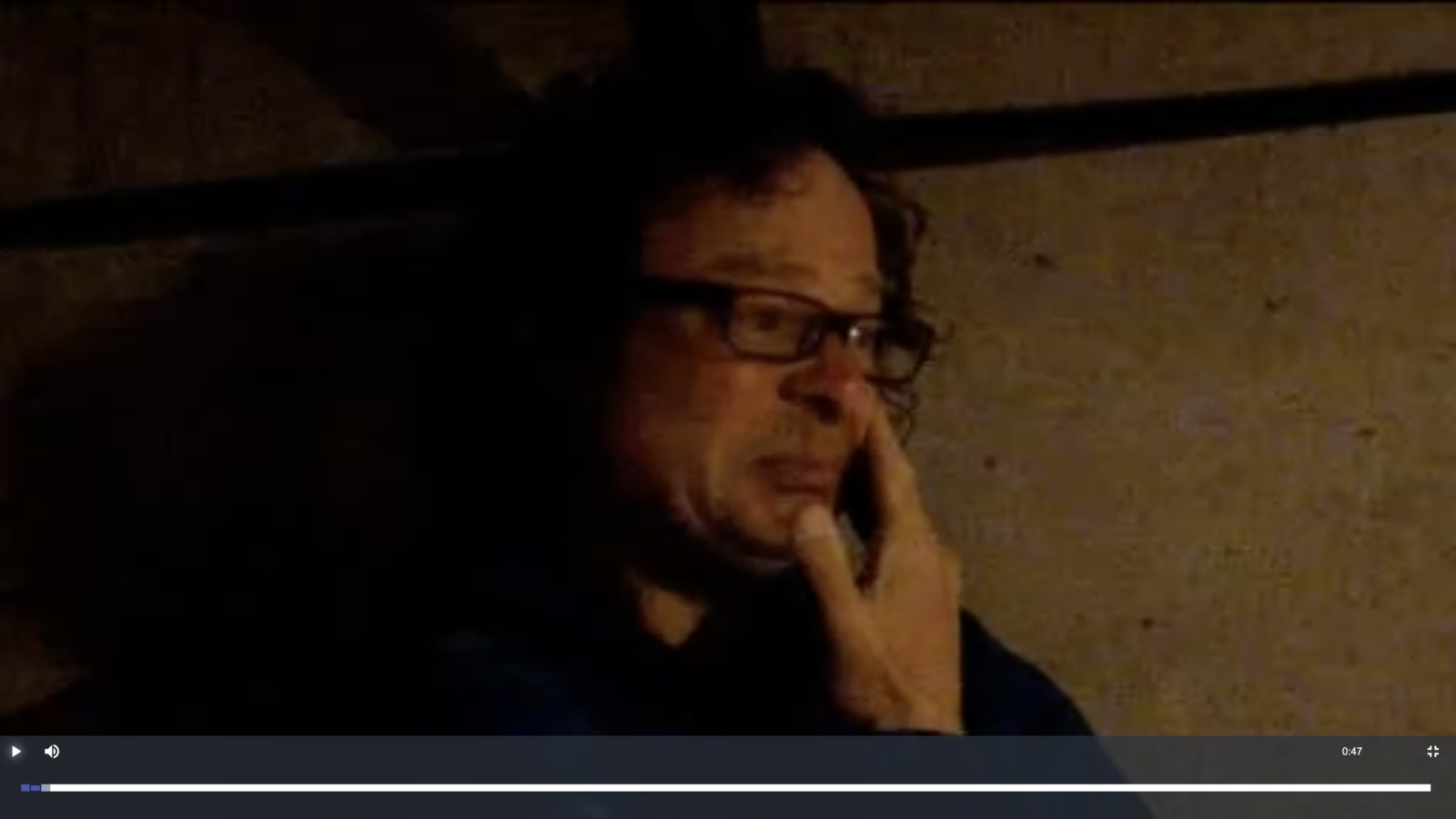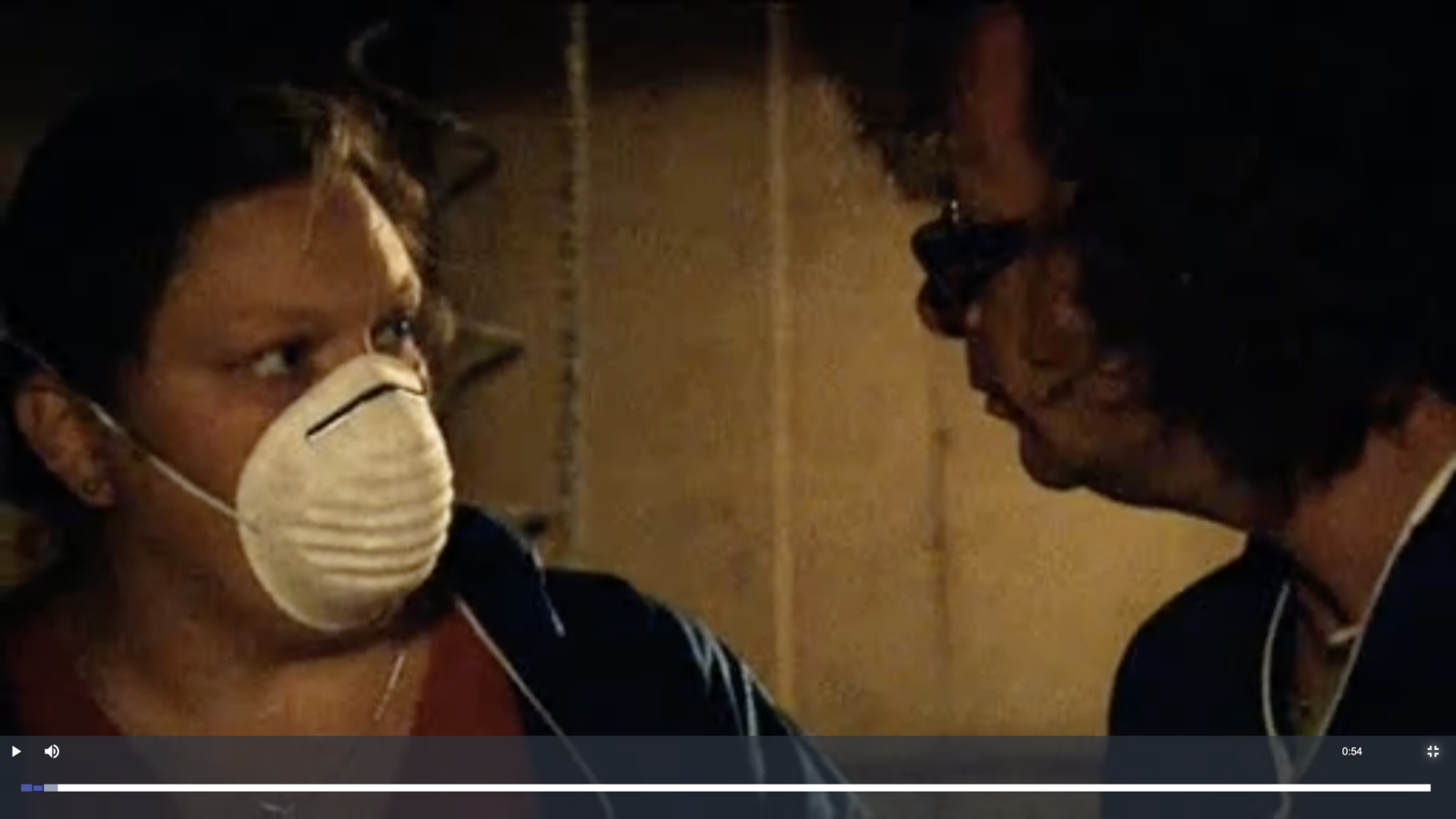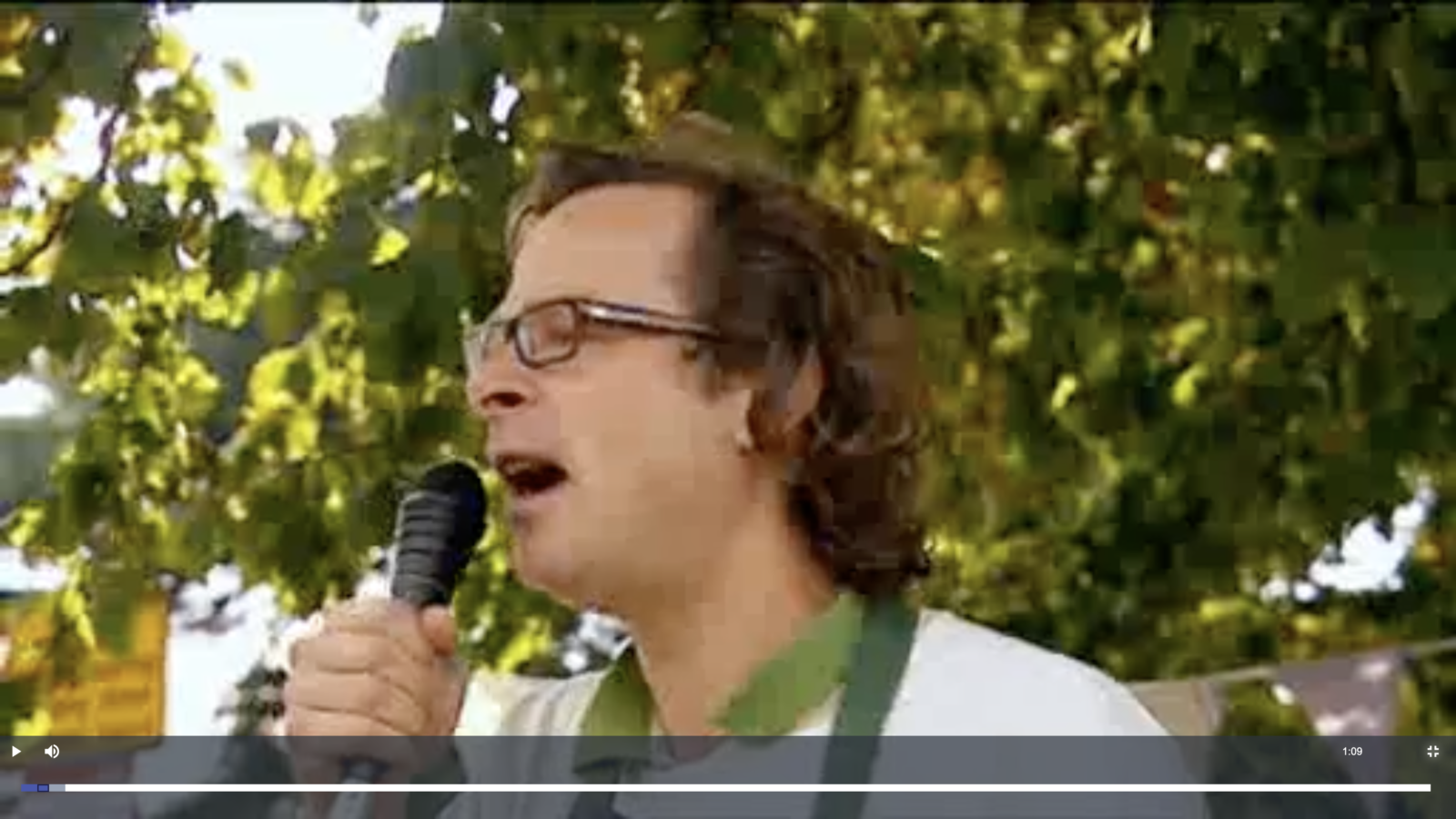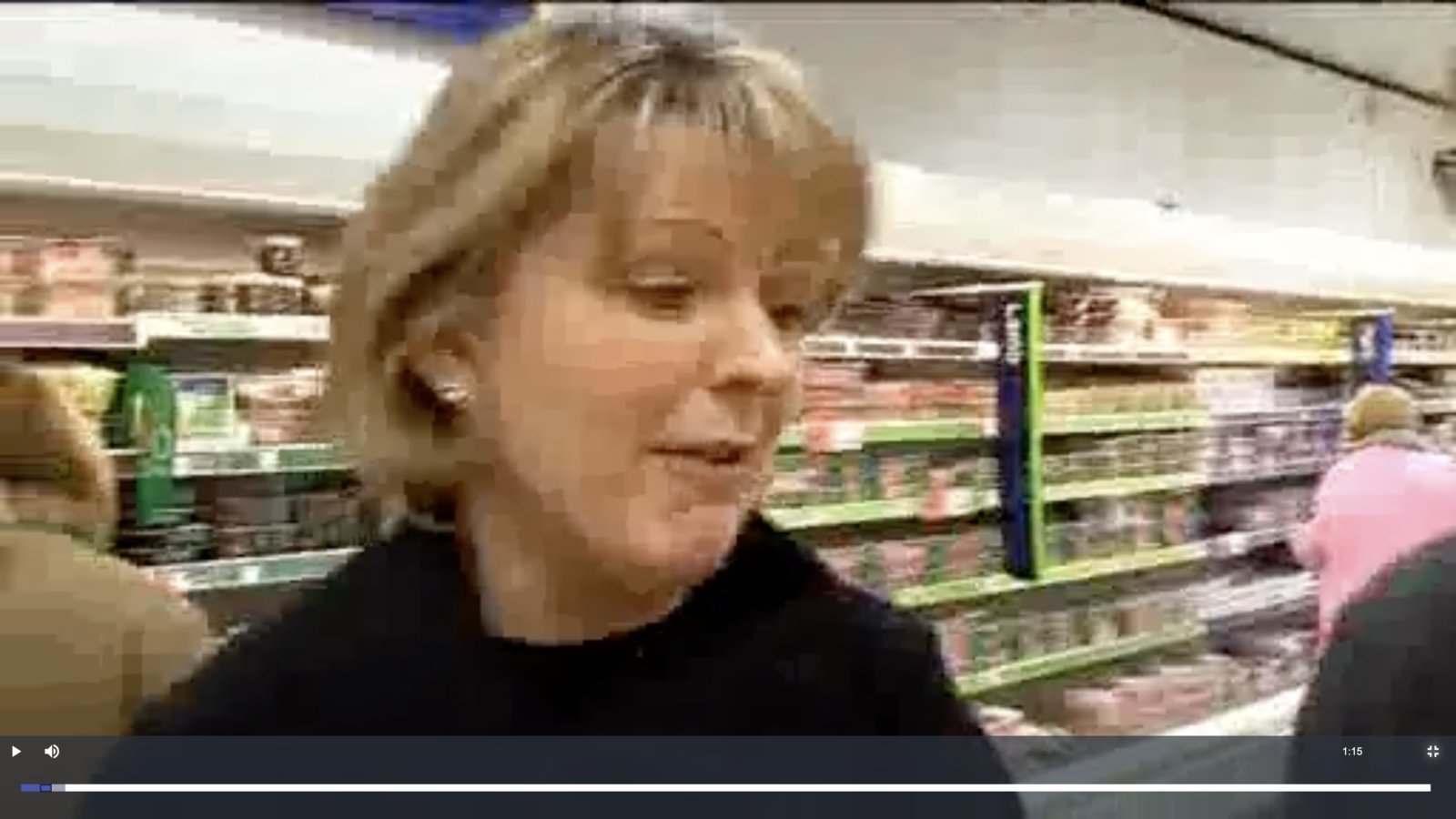
followthethings.com
Gifts & Seasonal
“Barbie’s Dirty Secrets“
A documentary film presented by Isobel Yeung, and produced by Alasdair Glennie for Zandland, first broadcast on Channel 4, UK.
Available on YouTube, embedded above.
Journalist Isobel Yeung latches onto worldwide success of the 2023 Barbie movie and its feminist critique of the toy industry to ask about the lives of the women who make these dolls in factories in China. She drives around Los Angeles in a Barbie pink Jeep, picking up expert passengers who know about Mattel – the LA-headquartered company that makes and markets this doll – and about the wealth enjoyed by its CEO Ynon Kreiz. These scenes are intercut with Yeung’s phone calls to a fixer in China who is tasked to get an undercover reporter into a Barbie factory wearing a hidden camera. This reporter lasts just one day handling scolding hot plastic Barbie limbs with her bare hands, and is withdrawn for her own health and wellbeing. A second undercover reporter then gets a job assembling plastic figures from a forthcoming Disney Moana movie. He seems to last a day or two, unable to meet rising quotas for new employees, but he captures conversations with his co-workers about life and work in the factory. This undercover footage is shown to a representative of a labour rights NGO who is horrified by the violations that she sees. The film then shifts its attention to another Mattel brand – Fisher Price – and a dangerous cot which has been linked to the deaths of babies, and legal cases against the company. [We don’t detail this below, because we are interested in the way that this film connect the labour, marketing and consumption of Barbie dolls]. Our website has documented many landmark examples of trade justice activism when it was new – from the late 1990s in particular – and when it could have shock value and noticeable impact. Audiences in the 2020s, however, seem no longer to be shocked to find labour exploitation at the end of a supply chain. Corporations are better set up to handle the damage that such revelations may or may not do to their reputations and sales. And ‘trade justice activism’ like this is now pitched by production companies to broadcasters as a form of ‘buzzy’ media content. But, for us, there are glimmers of a more complex theory of change at work here. Less than a week after Barbie’s dirty secrets was broadcast, a China Labor Watch report was published that detailed exploitative and dangerous factory conditions in Barbie factories in China. Isobel Yeung refers to such a report in the film. The role that Barbie’s dirty secrets therefore had, we speculate, was to work alongside this NGO research, to make the report’s findings public, and to connect accusations of Mattel’s feminist corporate hypocrisy through the same media as the Barbie movie: film. Should anyone studying trade justice activism expect to final any single example having an impact in and of itself? No. And is possible to follow just one thing? It doesn’t look like it here. Check the comments below.
Page reference: Lucian Harford (2025) Barbie’s Dirty Secrets. followthethings.com/barbies-dirty-secrets.shtml (last accessed <insert date here>)
Estimated reading time: 44 minutes.
Continue reading Barbie’s Dirty Secrets ![]()






